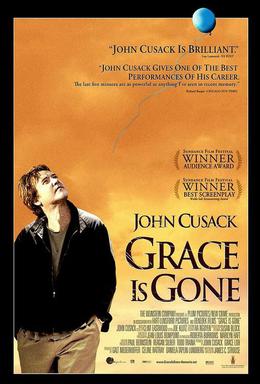An award
winning movie based on a book called the Schindler's Ark (1982). The story was set during the World War II
where millions of jews were brutally murdered in the holocaust. Oskar Schindle
is a name remembered by thousands of Jews whose lives were saved by him in a
list now known as the Schindle’ List, thus the name of the film.
Prejudice
and discrimination can be seen throughout the film where the Jews were treated
like animals. For instances, Social Dominance Theory is clearly illustrated in the
film when houses and properties of the Jews were taken away by the Nazi, and
the Jews were forced to live in camps, while the Nazi enjoyed themselves in a
prestige lifestyle. Social Dominance Theory states that a social group can be organized
in a power hierarchy, where the dominant groups enjoy disproportionate share of
assets, and subordinate groups receive most of its liabilities. The prejudice
of the Nazi towards the Jews arises because the Nazi were envious of the
achievement of the Jews who were immigrants who were allowed to set foot on
their territory many years ago. They fear the Jews would one day take over
their place as leaving them with the left overs. In social psychology, this
phenomena is termed as Contemptuous Prejudice, which happens when a perceivingly
high status social group felt threaten by the competitiveness of a lower social
status group. Authoritarianism was practiced by the Nazi’s leaders. For instances,
the Jews were force to either submit to the authority, which was the Nazi, or
die. An example can be seen in a scene of a lady with an engineering degree who
voice out her opinion was then killed.
Inspired by
the mass murder by the Nazi army, Milgram’s experiment on obedience to authority
figure was a series of psychological experiment to study the willingness of an
individual to perform a conflicting act upon orders from the authority. The result
showed that 65% of participants followed all the orders strictly given by the
researchers who were the authoritical figures in the experiment. This explains
why the Nazi armies were willing to kill. In addition to that, deindividuation
of the Nazi armies facilitated the cruel act of killing as they temporary loss
their individual identity by reduced self-awareness to follow the group.
Emergent norm which was at that time, killing the Jews, had occurred.

